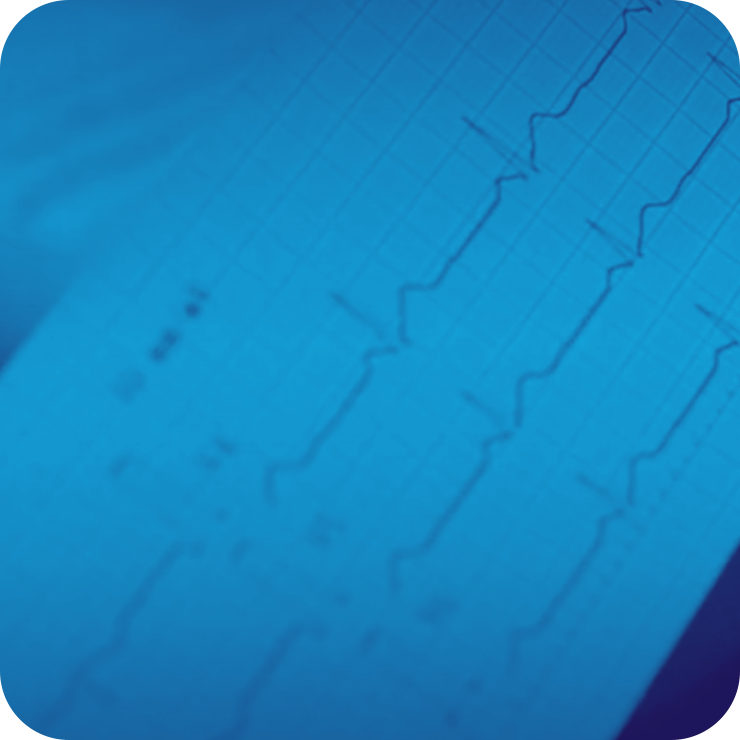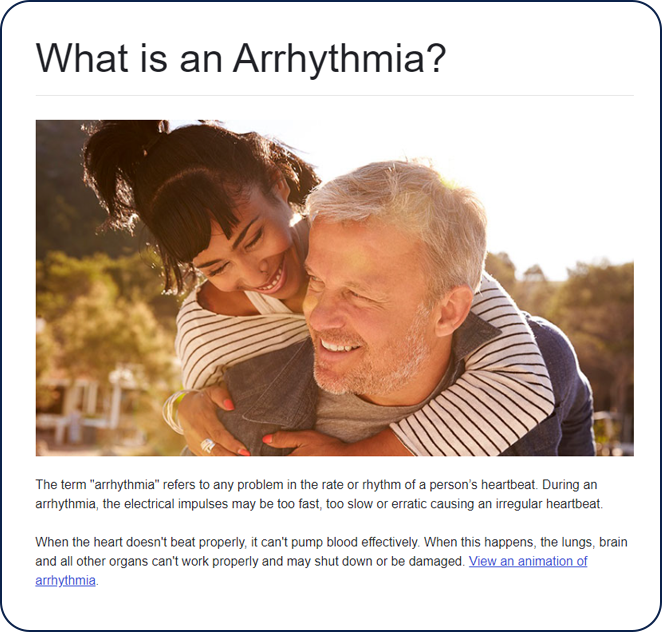ACADEMY
ElectroCardioGram
An ECG (electrocardiogram) is a test that records the electrical activity of your heart,
including the rate and rhythm. It's usually quick and painless.

ElectroCardioGram
You'll usually have an ECG (electrocardiogram) if a doctor or healthcare professional thinks you're having symptoms of
- · a heart attack
- · coronary heart disease
- · problems with how quickly or regularly your heart beats (arrhythmia) You also may have an ECG
- · if you've been diagnosed with a heart condition or another condition that affects how well your heart works
- · before and while taking certain medicines
ARRHYTHMIA
The term "arrhythmia" refers to any problem in the rate or rhythm of a person’s heartbeat. During an arrhythmia, the electrical impulses may be too fast, too slow or erratic causing an irregular heartbeat.

More Information
of Arrhythmia?
You can visit American Heart Association below.
ARTICLES
In this part, you will find academic materials related to AI-based ECG interpretation and ECG measurements using IT-based medical devices.

